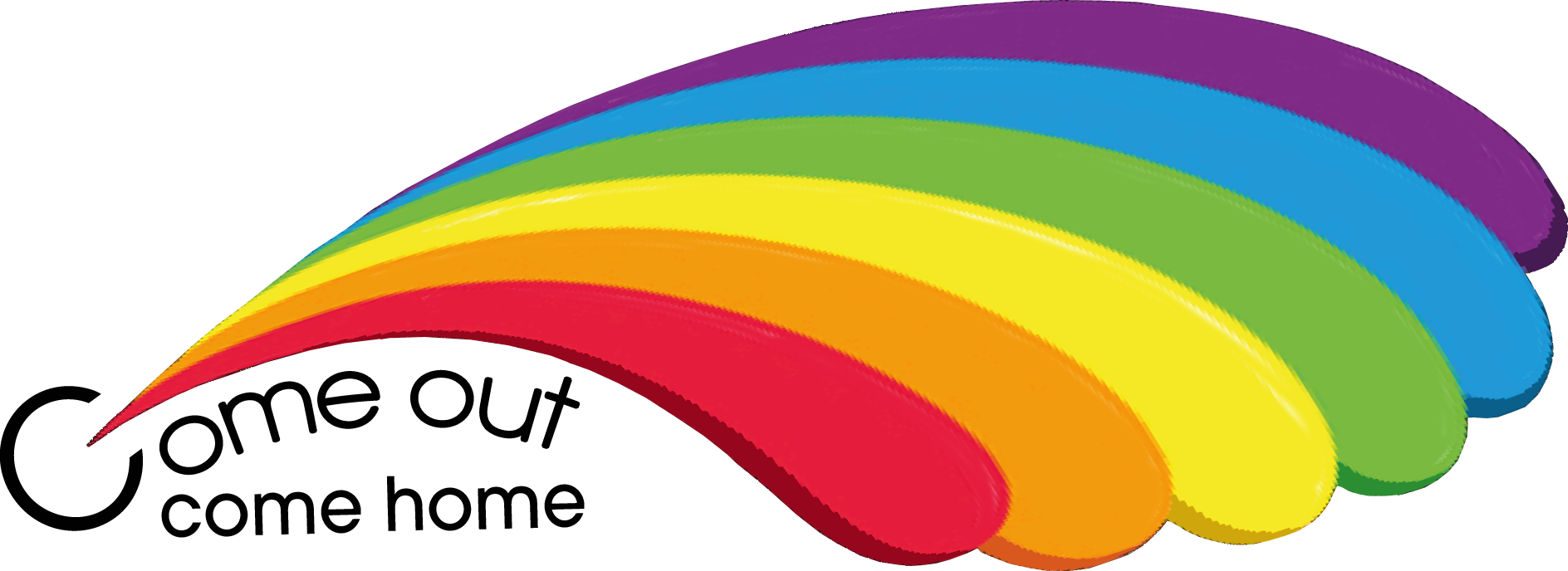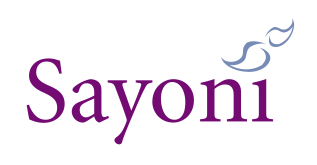I didn’t come out to my family as so much as I was dragged and yanked out of the proverbial closet. When I was younger, I lived my mother and my grandmother. My mother attended a fundamentalist church and she opined by the way I was behaving and dressing when I was twelve that I was heading towards being gay. Basically I dressed in a non-normative way. If you want to be annoying about it, I was “dressing like a boy”.
Essentially, I was “exorcised” by two members of our church. I came home one day from school. It must have been about 1.30 pm when I walked in the door, and past dinner time when we were done. I remember because my grandfather had bought food from the coffee shop which was at the bottom of the block. My room was stripped bare of images; anything that had a face was consigned to the rubbish. Even my stuffed toys were burnt and then thrown away. Lookatyoulookattheclothesyouwearyourhairyourface, you’re on the road to lesbianism we’re not yelling at you, we’re yelling at the demons inside you hours of this later, I broke down and cried. A lot of it still is a blur, it was a traumatic.
I moved my life out in plastic bags, bit by bit. Bit by bit, day by day and one day I just didn’t come home. This was after college was over and I left because I didn’t want to live there anymore.
Can you consider this as being forced to come out? I suppose it was my mother’s presumption, a presumption that happened to be right. I was 16 and dating my first girlfriend, who would stay over. Of course I had the one defining Conversation with my mother; I can’t remember how it started but I remember how it ended. Whatareyoudoingbehindcloseddoors, the same story that everybody has. You’re going to Hell, she said. I’ll see you there, said I, and that was the last exchange we had.
I think being out, even if it’s only to yourself, is good for you as an individual and good for us as a community. I’ve always acknowledged that I like girls, but sort of, owning it, claiming it as mine has been something that has been hugely empowering for me. I think once you’re past the barrier of realizing that these sort of rules that you’re ‘not supposed’ to break in society are completely constructed, there is a lot of freedom and there’s freedom for yourself. And I think that, the more of us who are empowered, then the more empowered we are as a community. Maybe I should say, “communities” and not “community”, like queer people think as some sort of hive mind. Is there a community? We, and I say “we” loosely, inhabit so many different spaces that it would be simplistic just to refer to us as a collective. I refer almost specifically to communities, groups who at all identify with and who acknowledge that there is some sort of common need here, to be recognized and to be respected.
Homophobia, just like any sort of sexism, racism, any sort of bigotry is fuelled by the fact that individuals in this group of people are not seen as people, but abstract concepts. It follows then, that, the more of us who are out, who can acknowledge and are willing to say they are Queer, Gay; the more that other people around us will have opportunity to see us as human beings. I think it will be harder for people to be homophobic.
If there is one fear that people have, it would probably be – rejection. Rejection from someone you love, because you want to fit into a particular group or something, because you love your family. When I left home, it was a numbing experience. I think a lot of it was about “I’m going to reject you before you have a chance to reject me”. There is a mash up of things being tied to being accepted in society, which is a big thing, of course.
There is a big difference between how someone feels and someone acts. I think people who are thinking of coming out should accept that yes, there is rejection and discomfort that will accompany that; it isn’t always easy. But they should also remember that someone else’s discomfort, disagreement with or rejection of you and your choices, doesn’t give them the right to be a jerk or to be violent. A person may reject who you are but they should never be violent or manifest that rejection in a physically or emotionally abusive way.
It’s quite funny. For children, things just “are”. There are few grey areas, and we don’t really ever get to question those assumptions, about what makes black, black, and everything in opposition, white. Now I’m very out – I haven’t seen my family in about a decade but to everyone I’ve met since then… I’m just 100% out. If the question of my sexuality comes up, if it ever comes up, I just say, “me and my girlfriend”. It just is.


 www.sayoni.com
www.sayoni.com




